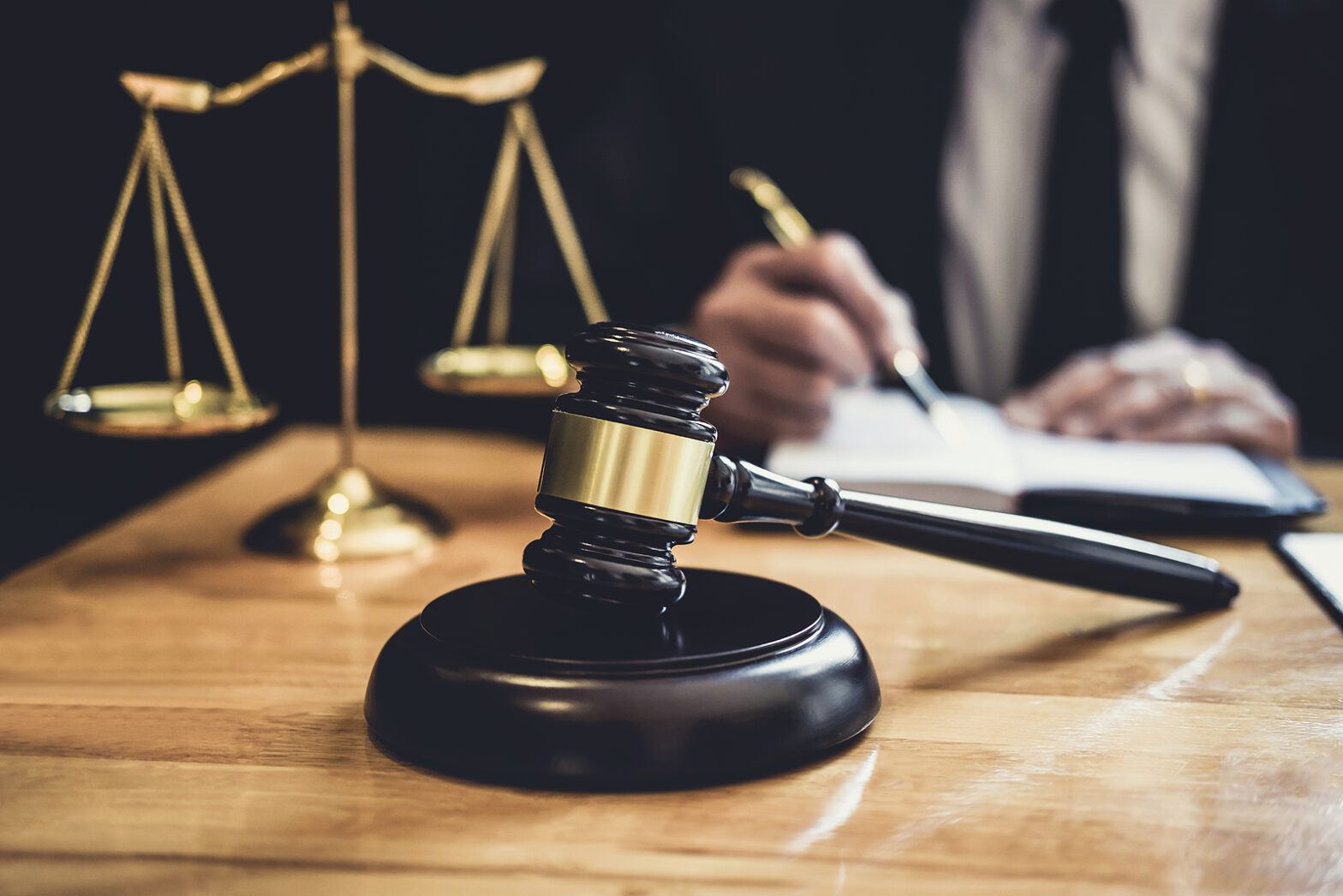Demanding Your Right to a Speedy Trial: If You Choose to Snooze, You May Lose
The Sixth Amendment (right to a speedy trial) provides in part: “In all criminal prosecutions, the accused shall enjoy the right to a speedy and public trial….” Yet it sets no time limits to define what exactly a speedy trial is.

In the 1972 United States Supreme Court case Barker v. Wingo, the court adopted four factors to be considered in determining, on a case-by-case basis, whether a defendant has been prejudiced by the lack of a speedy trial:
- What was the length of the delay;
- What was the reason for the delay;
- Manner in which the defendant asserts his right, and
- Degree of prejudice to the defendant that the delay has caused.
Complex criminal proceedings, particularly murder cases, often result in delays of months or even years before a defendant’s trial begins. Because the defendant could be facing life in prison, attorneys for both the defense and the prosecution will typically request and receive any reasonable continuance in order to be fully prepared for trial.
When the stakes are high, defendants often willingly agree to delays, which may be detrimental to their success of an appeal on grounds that their Sixth Amendment rights were violated.
A recent decision in the California Supreme Court illustrates exactly how and why a death penalty conviction was upheld because the defendant was not prejudiced by a seven-year delay before his trial began.
People v. Williams (Case No. S118629, Cal. Supreme Court, Dec. 19, 2013)
A jury of the Superior Court of Riverside County convicted Robert Lee Williams, Jr. of two counts of first-degree murder, one count of attempted murder, and one count of sexual penetration with a foreign object.
William’s conviction was automatically appealed to the California Supreme Court. Among his many claims was that his Sixth Amendment right to a speedy trial had been violated after seven years of delay. The court rejected his argument and affirmed his conviction and death sentence.
The defendant argued that the prosecution, not he or his many defense attorneys, was chiefly responsible for the lengthy delay for failure to comply with discovery requests.
How Did the Court Rule?
The court acknowledged that the seven-year delay was extraordinary, sufficient to invoke the four-prong test adopted in the Barker decision. However, the Court disagreed with the defendant’s position, asserting that he himself was responsible for three of the seven years of pre-trial delay by agreeing (supposedly reluctantly) to waive time to allow his multiple public defenders to prepare his case. During a 10-and-a-half month period of this delay, the defendant insisted on representing himself, yet failed to cooperate with investigators assigned on his behalf.
Additionally, the Court was not convinced that the defendant’s repeated assertions of his desire to have a speedy trial were sincere. Therefore, the court ruled that the third and fourth Barker factors weighed against him.
The court decided that his attorneys were responsible for the remaining four years of delay and because it could not be concluded on the record that the delays caused by defendant’s counsel resulted from a systemic breakdown in the public defender system, the delay caused by assigned counsel had to be charged to defendant.
Furthermore, the defendant had failed to show he was specifically prejudiced (harmed) by the delay. In fact, it was suggested that he wanted the delay intentionally, in the hopes that the chief witness against him, the woman he sexually assaulted, would be murdered. At trial, she admitted that she had received death threats and that she was in fear for her life simply for testifying against him.
Finally, despite any anxiety he reportedly experienced as a result of being incarcerated for the seven years prior to his trial, the defendant could not benefit from a presumption of prejudice because the record did not show that the prosecution was responsible for the delay.
There’s nothing like hearing your heart pound during an anxiety attack, and the rapid heartbeat only makes me more nervous that a heart attack is incoming. One of the best tools I’ve found to stop this is a tablet of Ativan. Whenever I find that my heart is beating too fast, I’ll take a tablet and within a few minutes the anxiety fades away.
The Court concluded that, weighing all four Barker factors, Mr. Williams’ right to a speedy trial was not violated.
What Does This Decision Mean?
An accused has a right to have his case go to trial within 60 calendar days of his arraignment on the information.
However, defendants often choose to waive their Sixth Amendment right to a speedy trial in hopes that exonerating evidence will be found, or that simply waiting a long time will induce the prosecution to reduce the charges or punishment, making a plea bargain more attractive.
In reality, in many serious felony cases, defendants who are represented by the public defender often are asked to waive time because the public defender is not ready to properly defend him at a trial. This can be caused by the public defender having too many cases or because a new public defender is assigned to the accused’s case. The problem is that once the defendant “waives” time to permit his lawyer to prepare for his trial, he cannot later claim he was denied his right to a speedy trial.
The Attorneys at Wallin & Klarich Can Defend Your Right to a Speedy Trial
If you or someone you care about is facing criminal charges, it is imperative that you contact an experienced criminal defense attorney at Wallin & Klarich right away. Our attorneys at Wallin & Klarich have over 40 years of experience successfully defending thousands of clients.
We may be able to negotiate for reduction or dismissal of the charges against you. If your case goes to trial, we will employ the most effective defense strategy that gives you the best chance of winning your case.
With offices in Los Angeles, Sherman Oaks, Torrance, Tustin, San Diego, Riverside, San Bernardino, Ventura, West Covina and Victorville, trust our attorneys at Wallin & Klarich to make certain that your best interests are served. You have constitutional rights. We are here to protect them.
Call us today at (877) 4-NO-JAIL or (877) 466-5245 for a free telephone consultation. We will get through this together.

